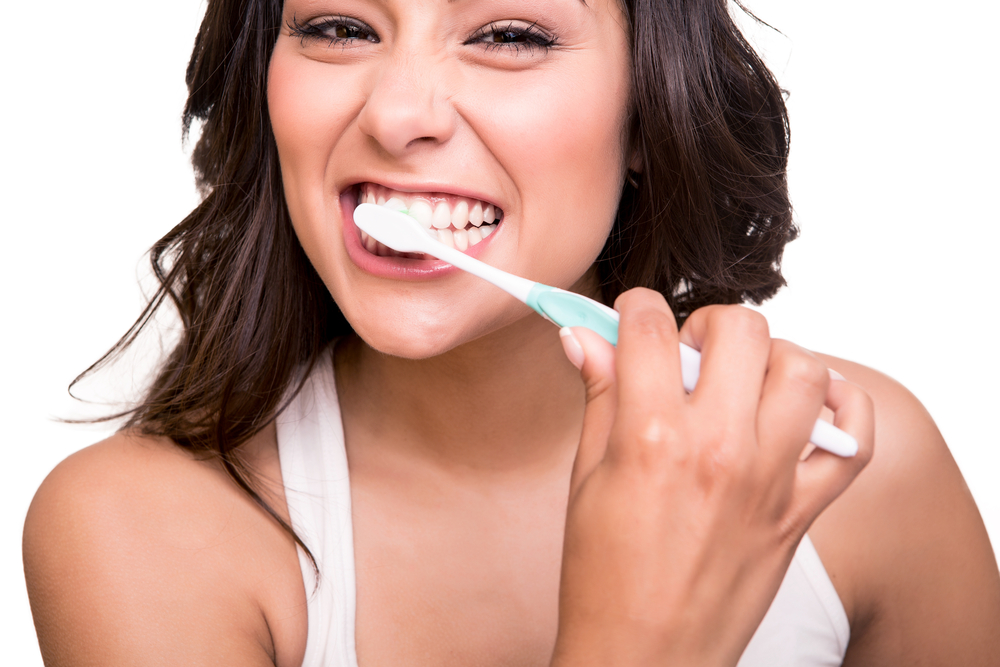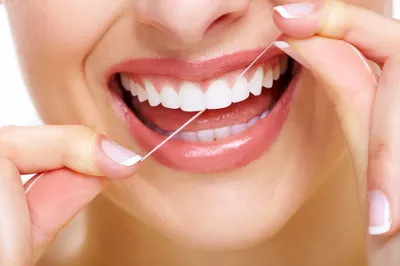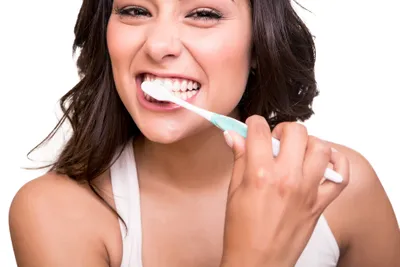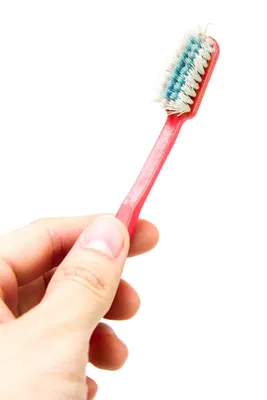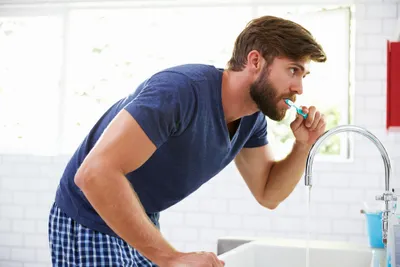Keeping your teeth and gums clean seems pretty straightforward, right? Then why do so many people avoid paying attention to the details that can save them a bigger dentist bill?
Not only will these simple tips help keep your teeth clean and cavity-free—they’ll also help prevent other possible health problems from improper techniques. You may have been brushing your teeth the same way for your whole life, but it’s never too late to make a positive change. Here are six ways to improve your oral hygiene skills…
1. Floss Regularly
Yeah, yeah. We’ve all been hit over the head by our dental hygienist about flossing regularly, and maybe some of us do it for a few days following a dentist visit and then stop out of laziness. However, on the next visit, we might lie and say we’re still on top of it.
Truth is, your dentist can probably tell, and the AARP (formerly the American Association of Retired Persons) says that only about 40 per cent of Americans floss each day (assuming they weren’t fibbing). However, the AARP also notes that flossing gets to spaces that your brush just can’t, and the bacteria left over can lead to inflammation and tooth loss, bone loss and even heart problems in more extreme cases.
2. Avoid Hard Toothbrushes
Many people may believe that the harder the bristles on the toothbrush, the more effective they are in removing grime and grit. However, Best Health magazine notes that a toothbrush with soft and rounded bristles is the best way to go (toothbrushes are usually marked soft, medium and hard on the packaging).
However, even with soft bristled brushes, some of us have a tendency to scrub too hard, which is actually doing more harm than good. Best Health noted a survey of 700 dentists concluded that brushing too firmly was a leading cause of tooth sensitivity.
3. Avoid Mouthwashes with Alcohol
Many oral rinses out there contain alcohol, but you have to read the label closely to notice. What’s the big deal about that? Well, according to EveryDay Health, mouthwashes containing alcohol has been researched as a link to oral cancer (although nothing conclusive has been found).
Other reasons to avoid alcohol-based rinses is the intensity. It can cause a burning sensation that could turn you off of using it altogether. It’s also not recommended if you’re recovering from any sort of alcohol dependency, as the mere presence of it could be a trigger.
4. Don’t Brush after Eating
You may be tempted to brush those pearly whites as soon as you’ve consumed a large meal (that might’ve had a sugary dessert or red wine), but while it seems good in theory, you’re possibly damaging your teeth more than if you waited a while to brush.
Some experts point out that several foods and beverages are acidic, and that if you brush right after you’re consumed them, you’re actually pushing the acid into the tooth enamel. The better method is to rinse your mouth out with water, and wait at least half an hour before brushing after that. Other sources said brushing before a meal is helpful.
5. Replace your Toothbrush Regularly
While your existing toothbrush might still look to be in decent condition, the American Dental Association (ADA) recommends replacing your brush every 3- to 4-months or when there are noticeable frayed edges.
No, it’s not a ploy to make your buy more toothbrushes. The ADA claims that some microorganisms that live in your mouth can end up living on your toothbrush, however the association states there’s still no solid research so far about whether these organisms impact your oral health. However, what’s known for sure is that worn toothbrushes are less effective cleaning tools.
6. Brush at Least Twice a Day
Sometimes our busy schedules put brushing teeth on the backburner, but the Mayo Clinic reminds you to ensure you brush at least two times a day and to take your time to do a thorough job. You’re not fooling your teeth by cutting corners!
Information website, Quora, says the most important time of day to brush is in the morning before your bacon and eggs. Why? According to an orthodontist that wrote the article for Quora, calcium levels in your saliva are lowest in the morning, meaning there’s a higher risk of damage from acidity. Bacteria have also been multiplying uncontested in your mouth overnight.
